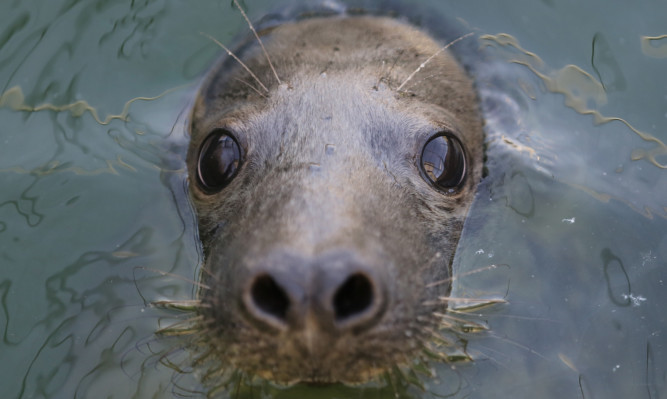Seals on an isolated island have provided new insight into how to be a good mother.
Scientist Dr Kelly Robinson studied grey seals on the North Atlantic island of North Rona and found the “love hormone” oxytocin plays a key role in keeping the mothers in close proximity to their pups.
She believes the discovery could hold the key to understanding differences in maternal behaviour in humans.
Dr Robinson, a research fellow at St Andrews University’s Sea Mammal Research Unit, said: “Some grey seal mothers are much better at raising pups than others, even when allowing for differences in the mother’s age and size and, as a result, some pups on a breeding colony die while others thrive.
“Studying the role of oxytocin, a hormone that regulates maternal behaviour, offers some insights into why such differences in individual behaviour occur.
“Oxytocin has been linked to optimal maternal behaviour in humans and many captive animal species, but this is the first time such a link has been shown in completely wild animals in their natural habitat.
“The link between oxytocin and maternal behaviour not only has important consequences for pup survival in grey seals, but helps us understand why some individuals, including humans, are better mothers than others.”
During the two-year study, she recorded the maternal care behaviour grey seals showed towards their pups during the rearing period on the uninhabited island, which is 50 miles west of Cape Wrath.
She took blood samples from the mothers to determine levels of oxytocin and discovered the higher the level of the hormone in a mothering seal, the closer she stayed to her new pups.
The distance individual mothers strayed from their pups ranged between zero and 30 metres, but those that kept closest to their pups had the highest oxytocin concentrations. As the amount of oxytocin in a mother’s blood decreased, the distance they were from their pup increased.
The study, which was carried out with researchers at Durham University, is published online by Plos One.
